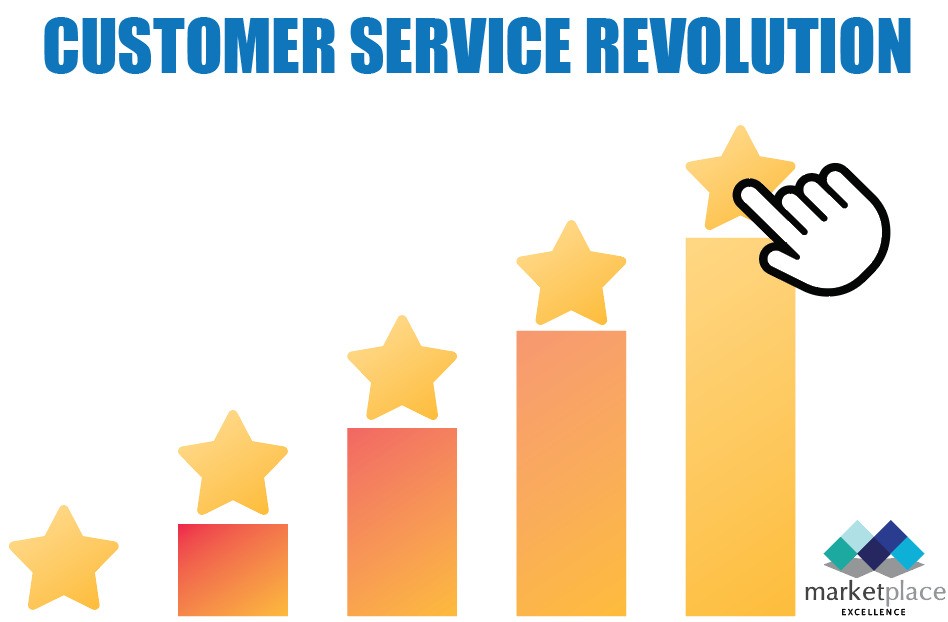“So in everything, do to others what you would have them do to you, for this is the Law and the Prophets.” — The Golden Rule (Matthew 7:12)
Life’s purpose, at its core, is to create happiness and avoid pain for ourselves and those in our closest circle. No matter our position in society, whether in the public sector, private enterprise, nongovernmental organizations or civil society, we are all connected by one common thread: We serve others. Our roles at every level – local, regional, or international – tie directly to the well-being of others, and we are engaged in the business of customer service.
The Golden Rule offers the clearest blueprint for excellence in service: treat others as you would like to be treated. This is not just a moral ideal but a formula for societal harmony, sustainable development, and, ultimately, resilience. Service grounded in kindness, respect, empathy, decency and consistency has the power to transform lives, uplift communities, and boost economic performance.
However, outstanding customer service today is not merely a matter of good manners. It’s about efficiency – doing the best job possible in the shortest amount of time. It’s about productivity and maximizing resources while minimizing waste. Whether it’s a government office issuing permits, a teacher shaping young minds, a tourism worker ensuring visitors feel welcome or a bank clerk leading an elderly client through a digital maze, the expectation is the same: deliver value and do so with excellence.
In many ways, we are surrounded by service ecosystems. Civil servants collaborate with the private sector to create enabling environments. Farmers and food producers nourish populations. Politicians act as stewards of a nation’s well-being. Financial institutions manage our assets and aspirations. Each of these relationships hinges on the quality of service offered and the respect shown during those interactions.
One of the most overlooked yet vital components of good service is time. Time is our most precious God-given resource: finite, non-renewable, and invaluable. To waste someone’s time is to rob them of opportunity, peace of mind, and productivity. Conversely, respecting time through clear communication, prompt service, and efficient systems is one of the deepest forms of respect we can offer one another.
The revolution we need in customer service is not only about harnessing technology, automation or convenience. It’s about values. It’s about adopting a mindset where every worker, from the frontline to leadership, puts the customer’s needs first. Service excellence is not optional but expected. Mediocrity, or “good enough”, can no longer be accepted where superior service is possible.
To cultivate a culture of excellence, we must make it habitual. Systems must improve as the customer experience constantly evolves for the better. This revolution begins with leadership, but it is sustained by collective will. It calls for each of us to take ownership of the small yet significant moments that matter.
The customer service revolution is about human dignity. It’s about recognizing that every interaction is an opportunity to serve purposefully, replace frustration with joy, and build a stronger, more caring society – one act of service at a time.

(Dr. Basil Springer GCM is a corporate governance adviser. His email address is basilgf@marketplaceexcellence.com. His columns may be found at https://www.nothingbeatsbusiness.com.)
